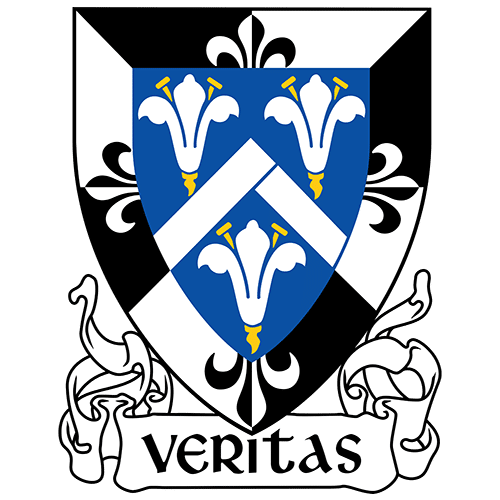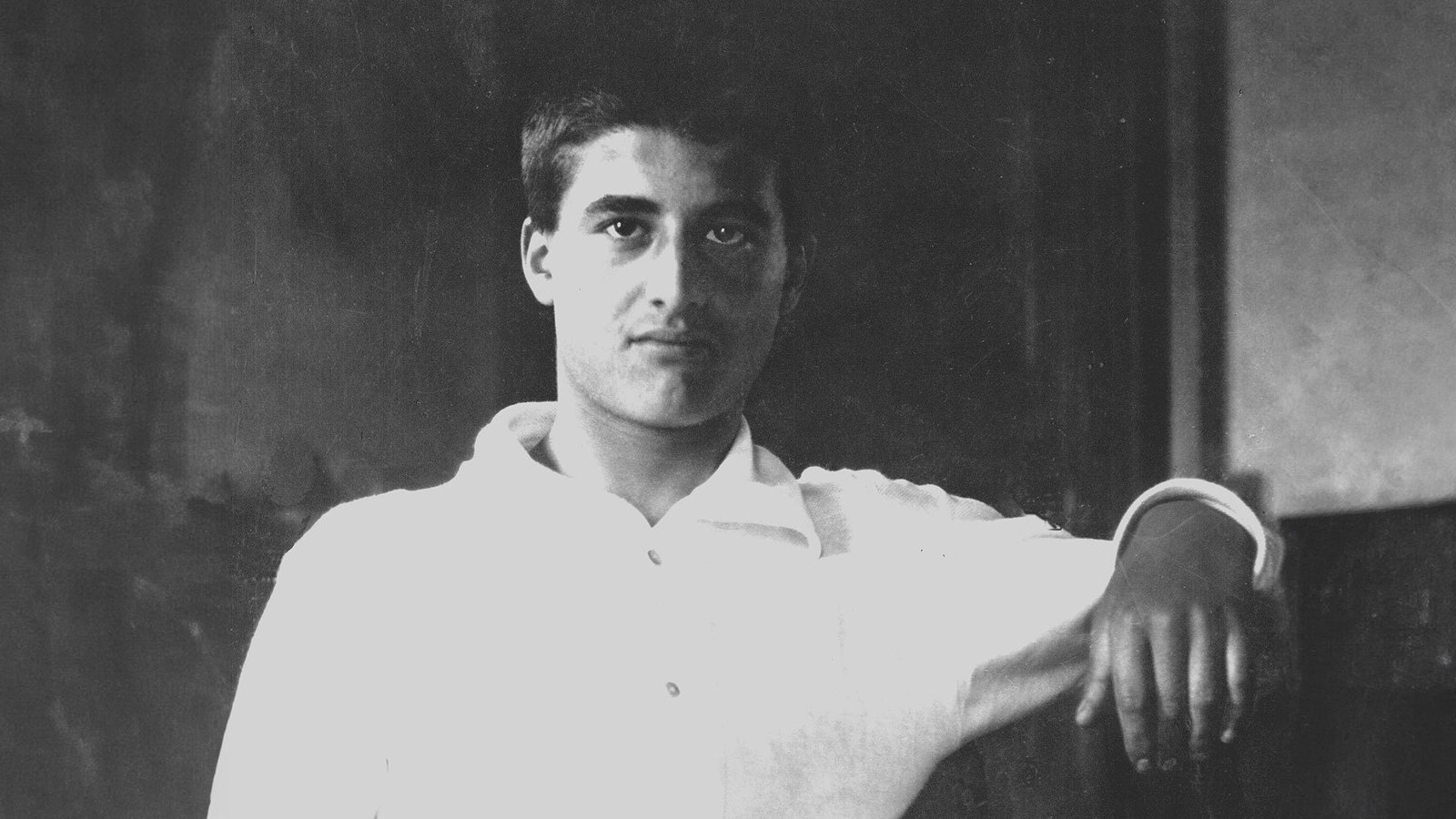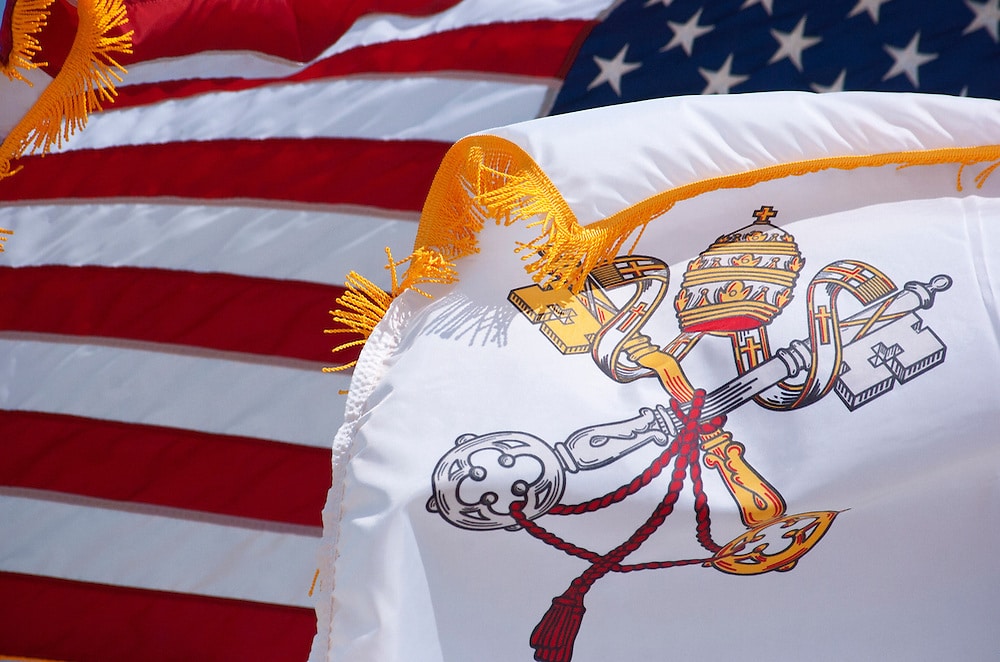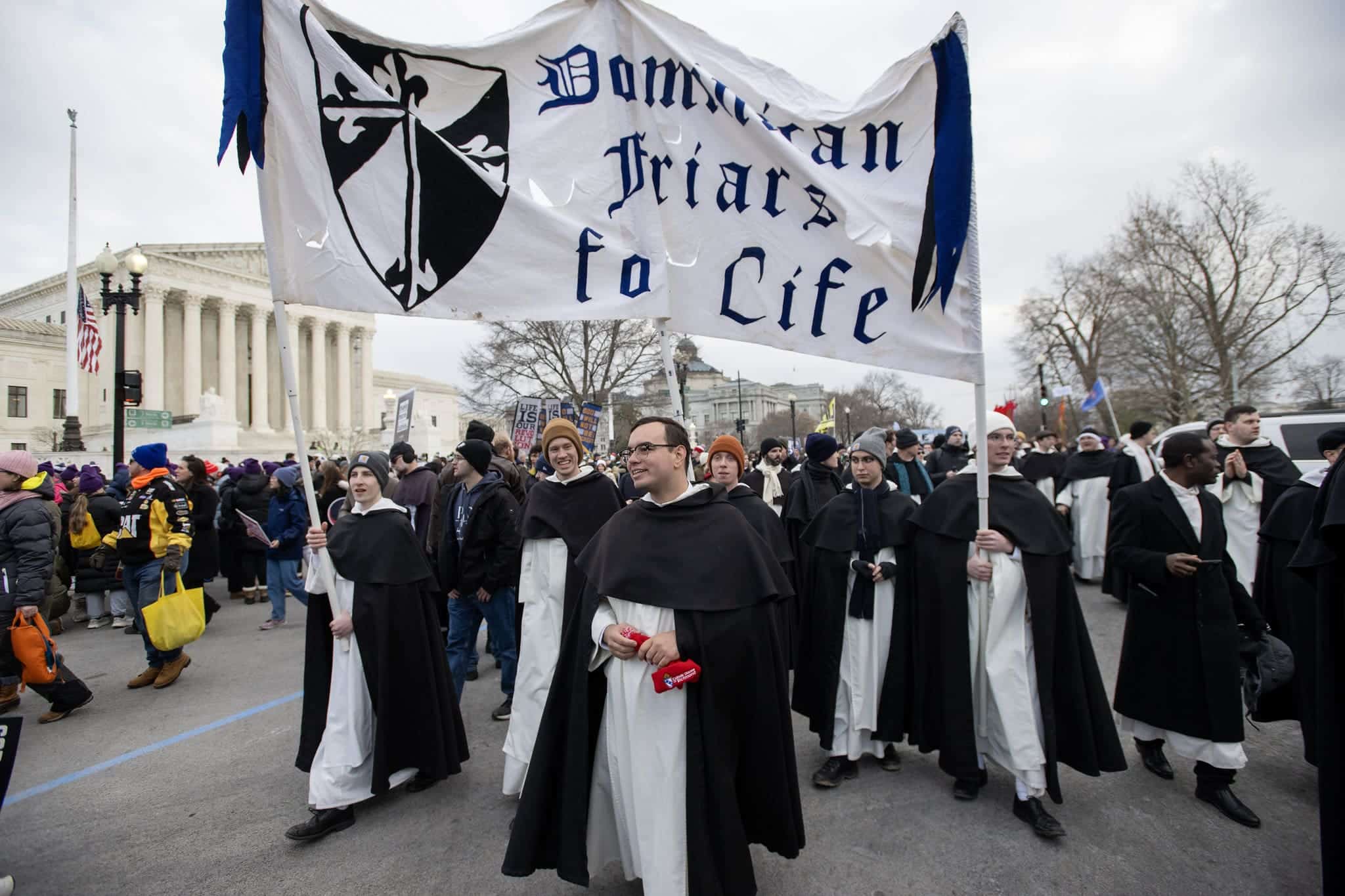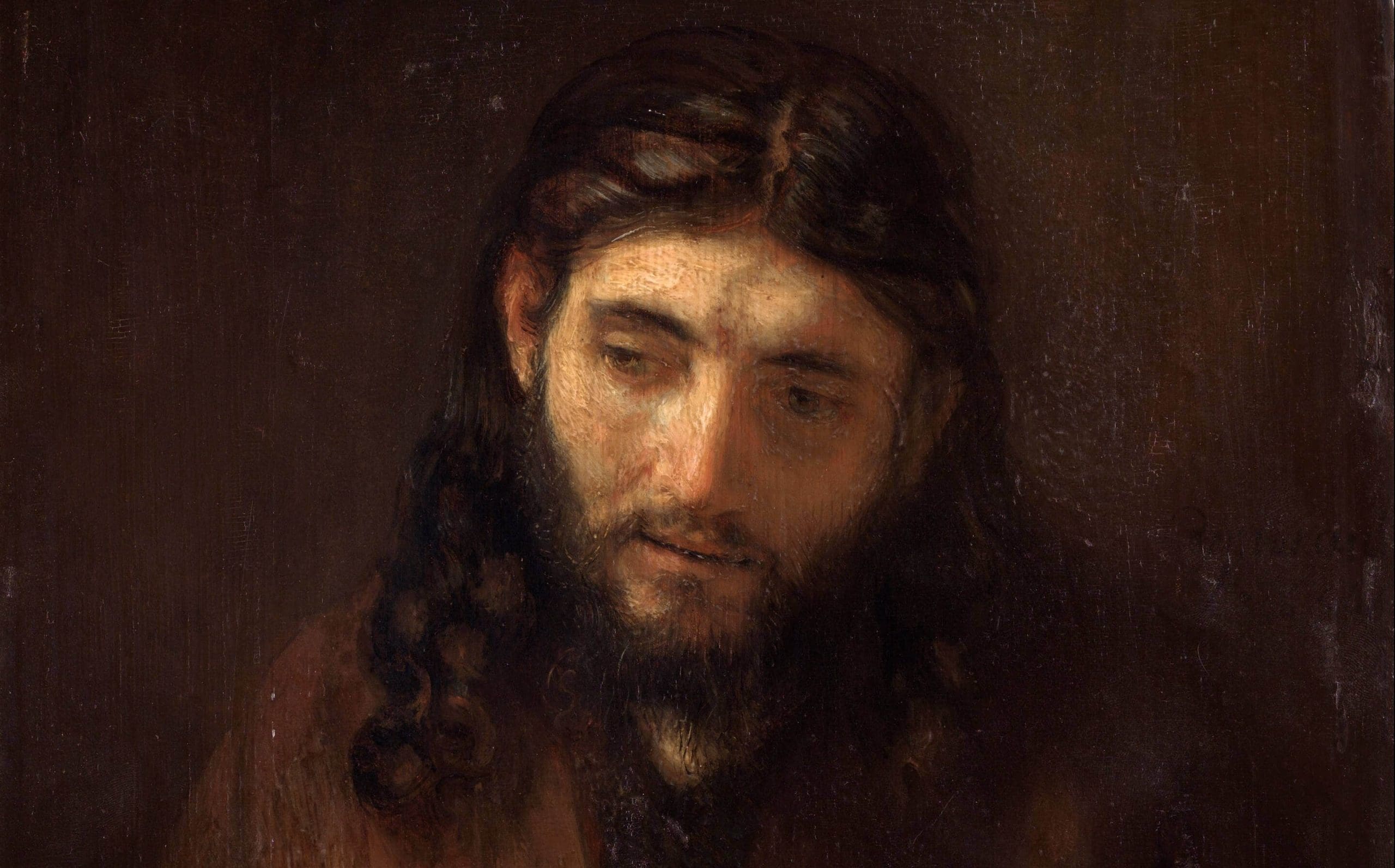
Rembrandt — “Head of Christ” (1600s)

Studying the One We Love
By Br. Jerome Masters, O.P.
In his recent book Principles of Catholic Theology, Book 2, On the Rational Credibility of Christianity, Fr. Thomas Joseph White, O.P., seeks to give a resource to show “warranted belief in Christianity.” In the second book of his series, Fr. Thomas Joseph takes principles he established in his first book and applies them in this book. The book is divided into four sections: Why Not Be an Atheist, Arguments for the Existence of God, Christian Revelation and Reasonable Mystery, and The Natural Desire to See God.
“I try to look at what reason can desire by its own power, and what faith can promise according to a higher formality and how these two are harmonious and coherent,” Fr. Thomas Joseph said about motivations for writing this project. He wrote this series as “academic writing that is accessible.” Some might argue that theology is not interesting or worth studying, but how and what we think about God is important. “The human being who reflects on Christ and divine revelation at some point begins to think theologically,” says Fr. Thomas Joseph, “theology takes time, and if you practice at it every day for 30 minutes you can become very good at it.” Another reason he had for writing this book was so that people can study God more, so that they can love him more.
One thing people might find shocking in this book is how Fr. Thomas Joseph continues to claim that belief in Christianity and the Christian God is a gift of faith. One cannot simply argue for the existence of the Christian God naturally, but one can demonstrate that there is a God. This can be seen in his section on the proofs of God’s existence. The word proof here is not meant to be used in the same way one might use it in geometry or calculus where there can be no objections, but rather is used to show that it is “demonstratively rational to believe in God.” God is not something we can master, as math is. He is a mystery that we cannot fully understand, but we can know and love him. Fr. Thomas Joseph uses the famous Five Ways of St. Thomas Aquinas— an argument based on the real distinction between essence and existence, and an argument from the spiritual operations in the human persons to demonstrate proofs of God’s existence.
An important point he makes in this book is that God is personal, and not some object of which we cannot know. He does this through his exploration and reflection on the Trinity. This was important for him because, “I think in part, we don’t know what we are. I’m trying to figure out what a human being is. And if we have an immaterial soul, we have an immaterial destiny.” He continues, “In this book, I’m not trying to show that one can believe in the Trinity based upon conclusions from natural reason, but in light of the revelation of the Trinity I’m asking the question, is it historically reasonable to think that Christians of the earliest stages really believed in the Trinity or that something the Church made up?” This study on the Trinity provides a way for us to come to know what we are as human beings by coming to know our creator so that we can love him.
